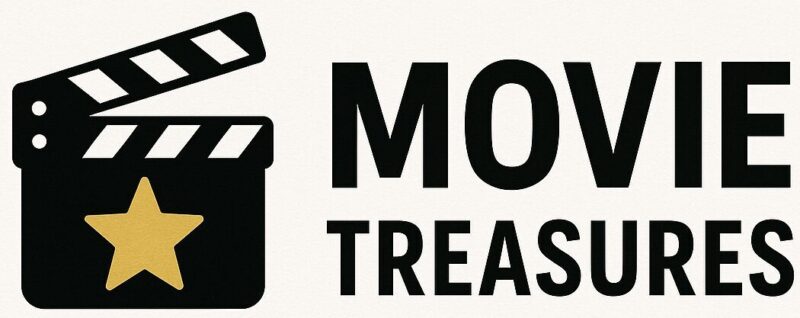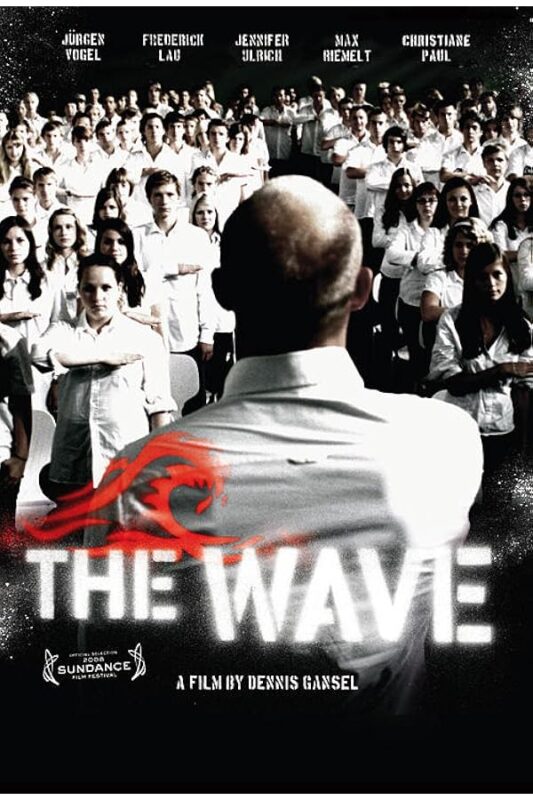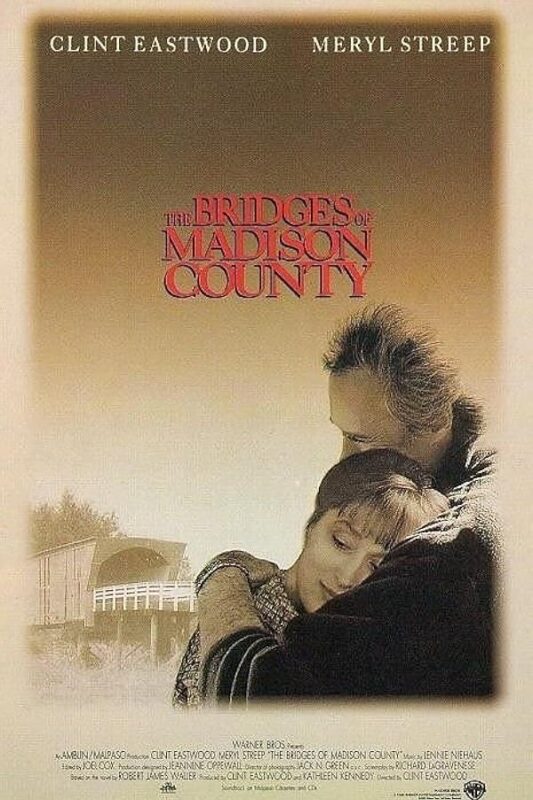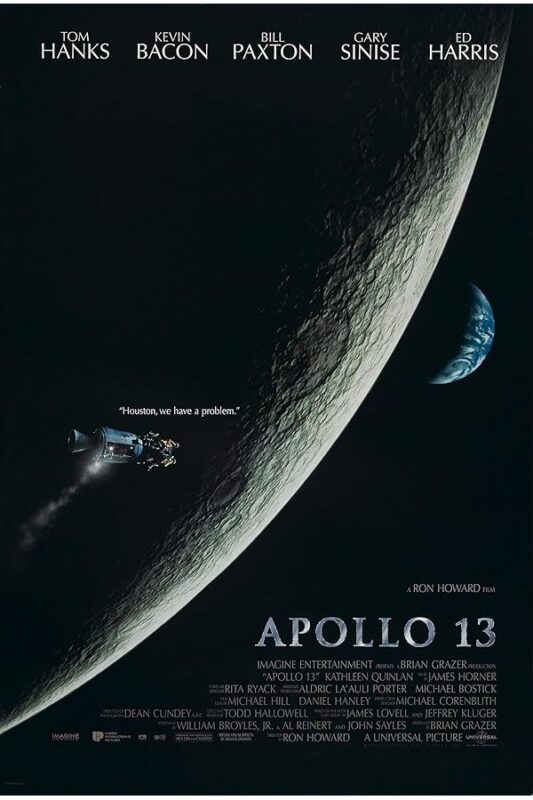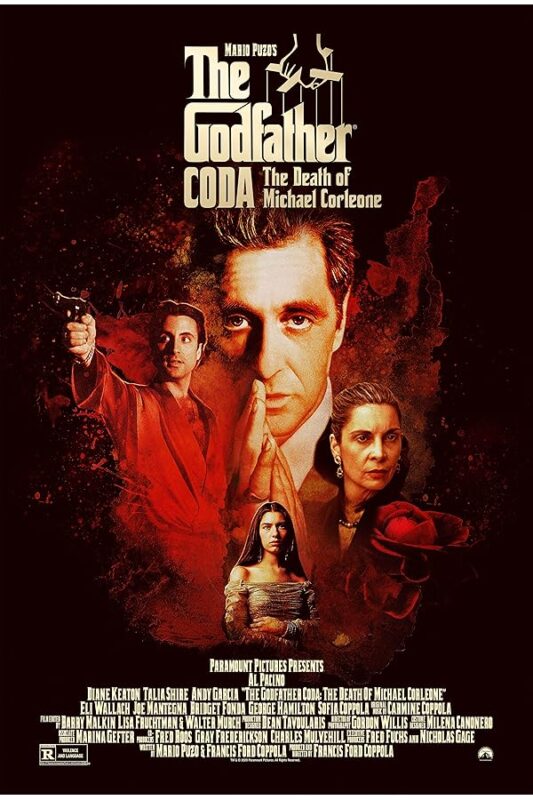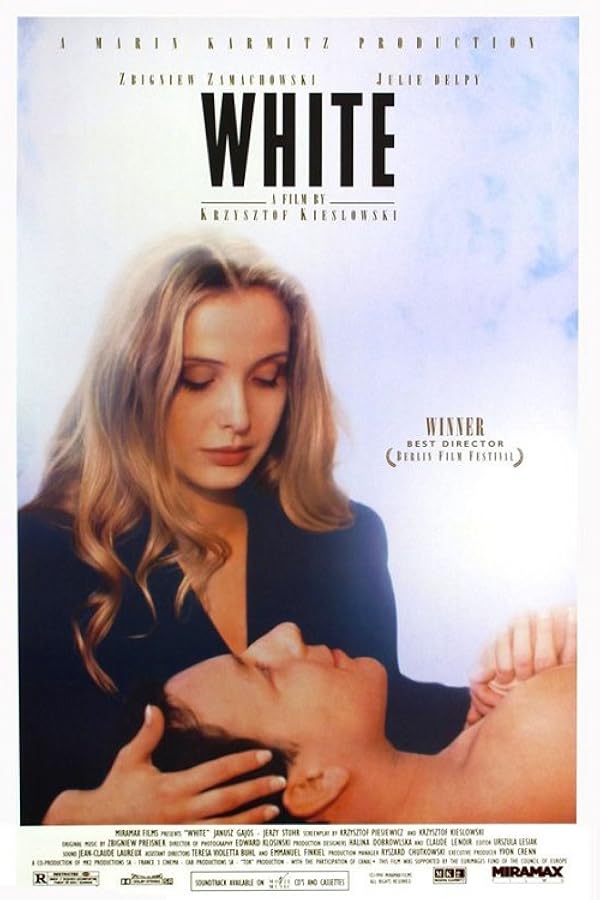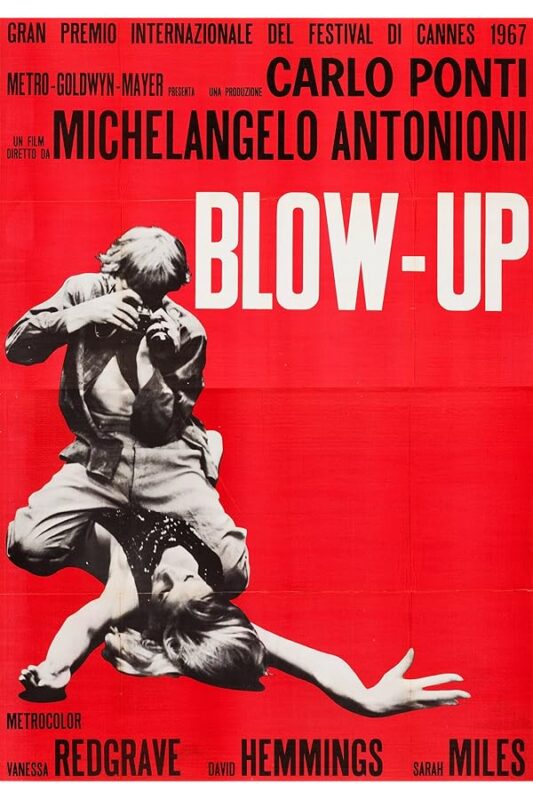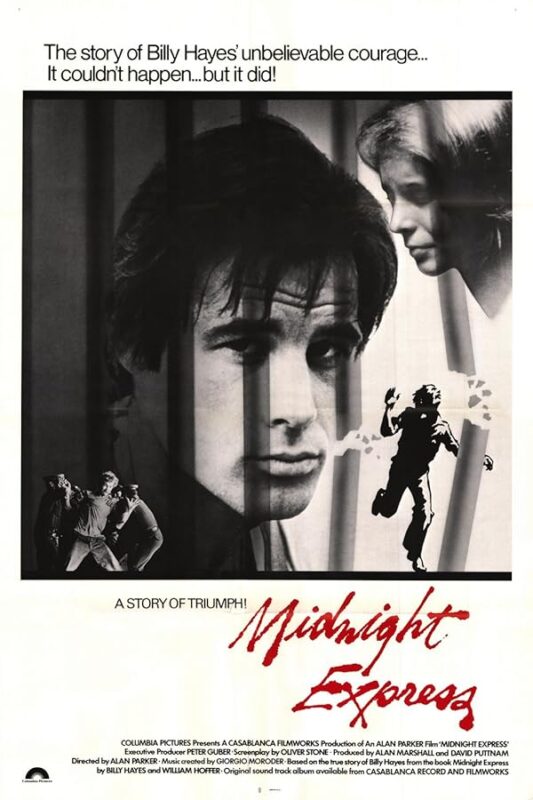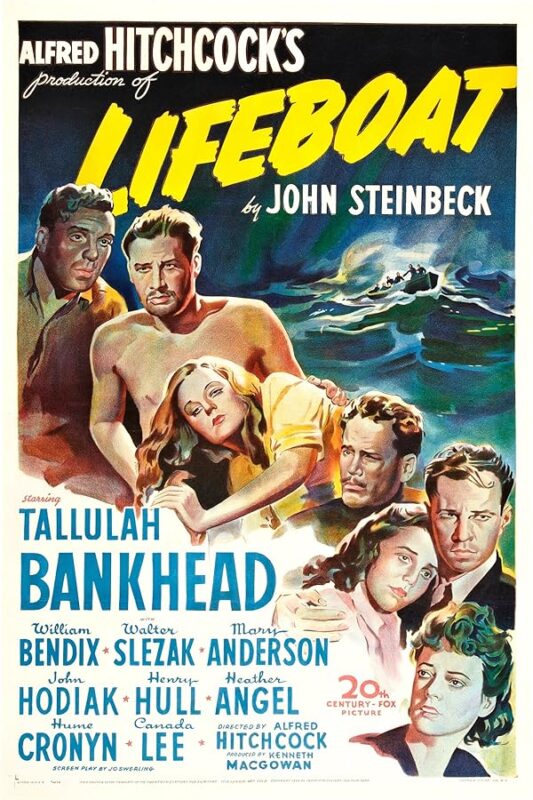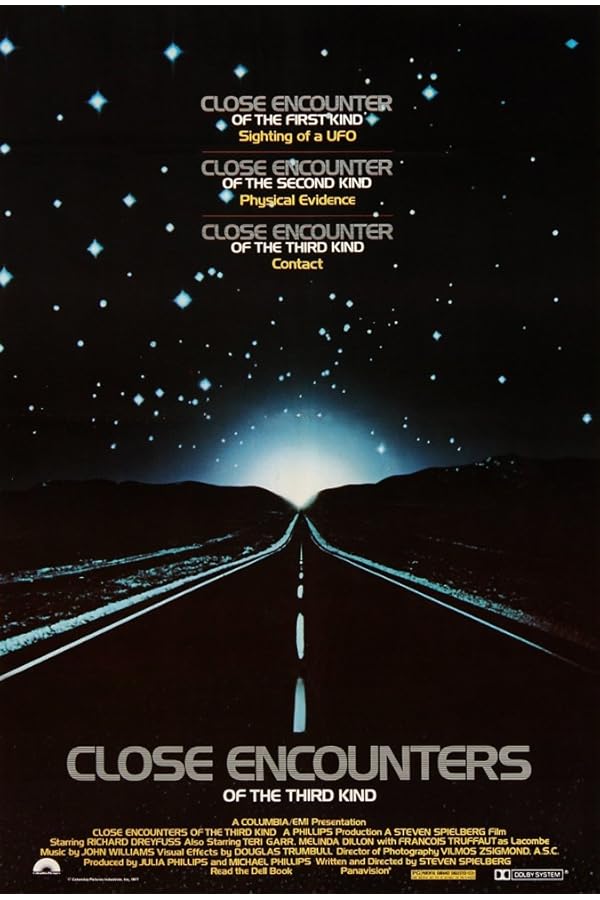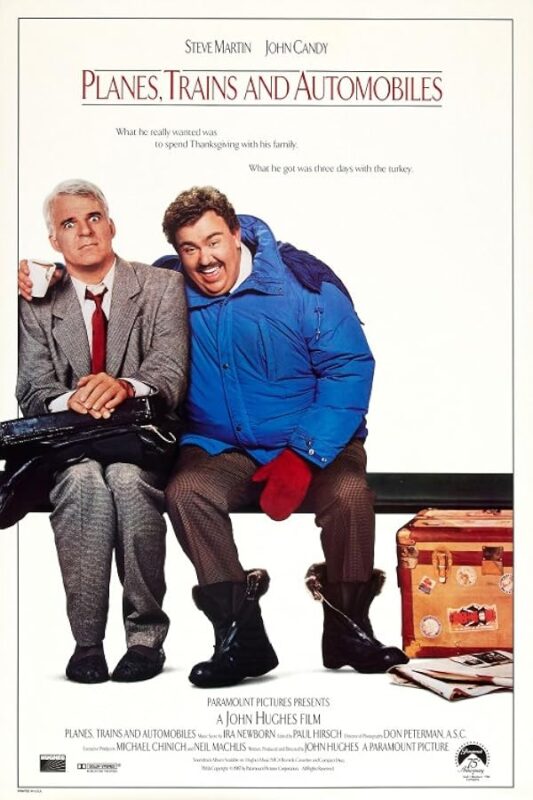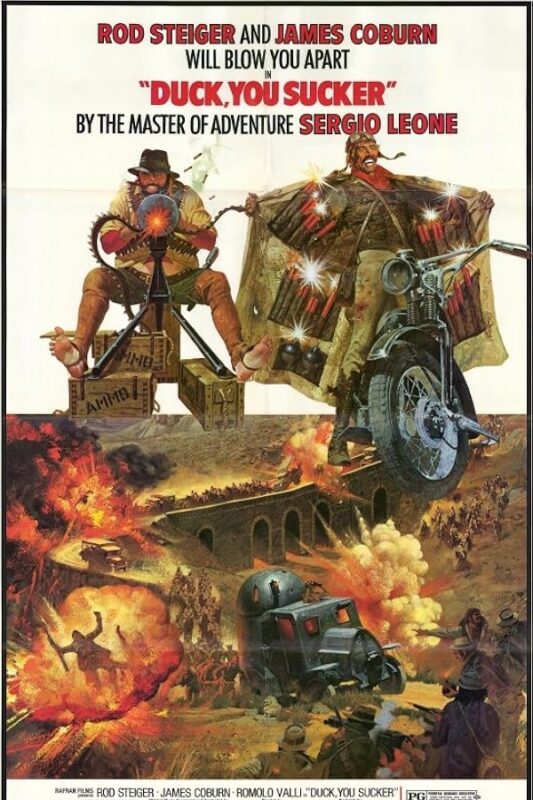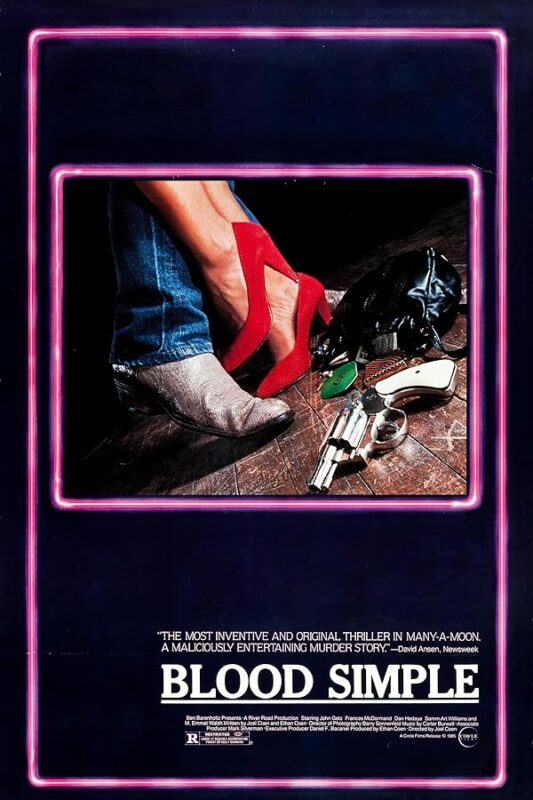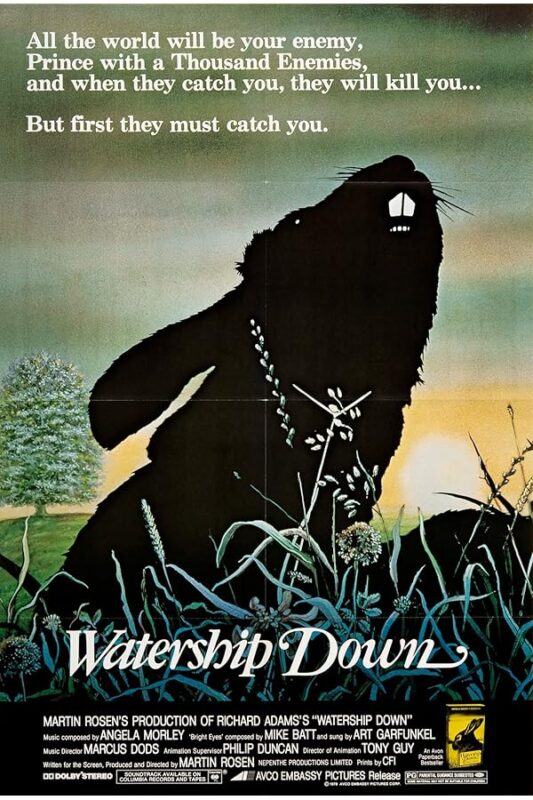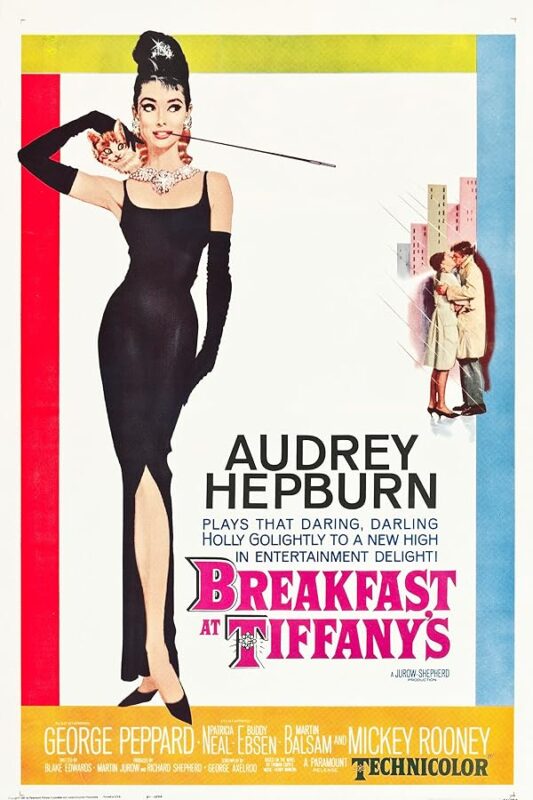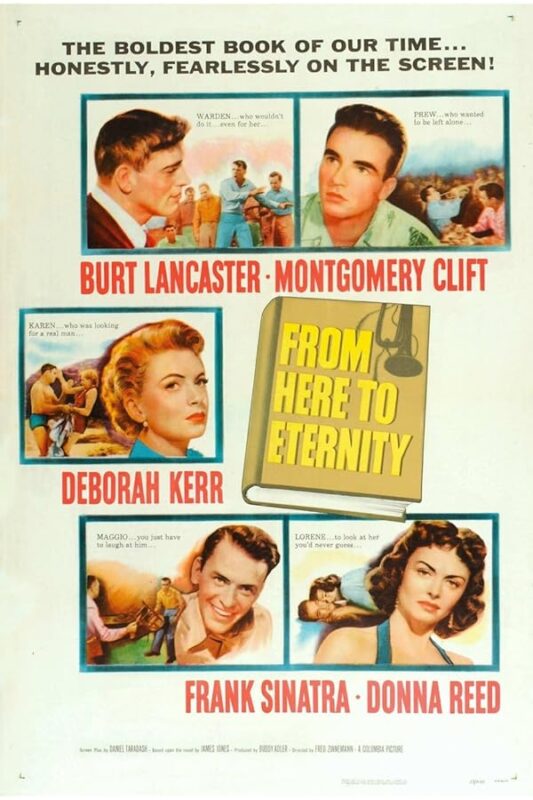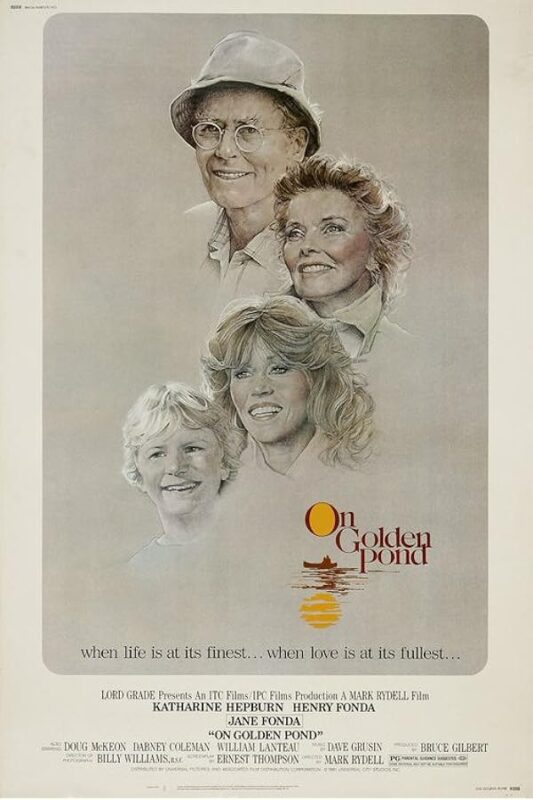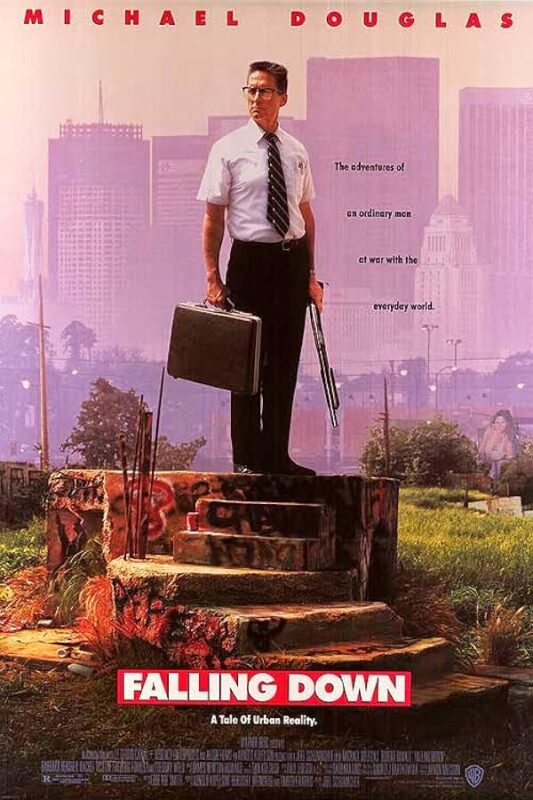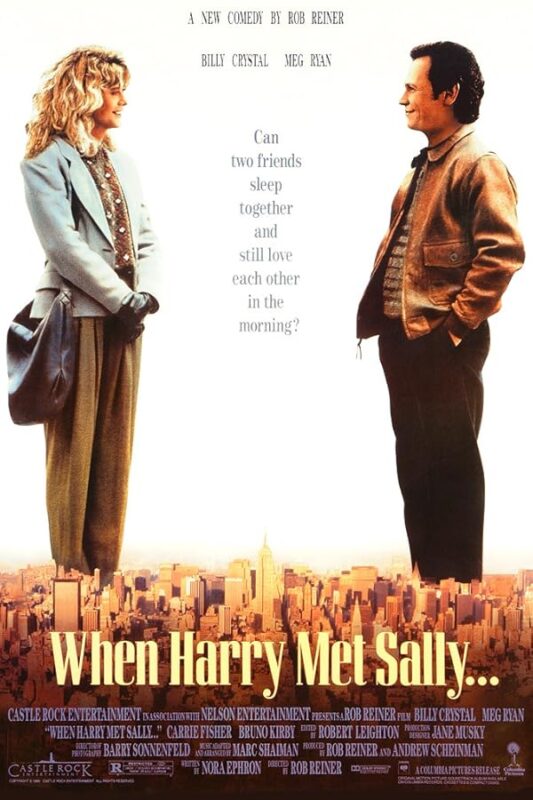Content Warnings
- 🟡 40/100 Brief scene of a couple kissing and implied sexual activity.
- 🟡 30/100 Brief scene showing teenagers drinking alcohol at a party.
- 🔴 70/100 A student is bullied and physically harassed by classmates.
- 🔴 90/100 Intense scene involving a violent confrontation resulting in a tragic outcome.
- 🟡 30/100 Use of mild profanity by a student.
- 🟡 60/100 Stronger language used during an argument.
What is the main plot of Die Welle (2008)?
Die Welle (2008) is a German drama film that explores the dangers of autocracy and group dynamics. The story follows a high school teacher, Rainer Wenger, who conducts a social experiment to demonstrate how easily fascism can take hold. The experiment quickly spirals out of control as students become increasingly fanatical about the movement called 'The Wave.'
Who are the main actors in Die Welle (2008)?
The main actors in Die Welle (2008) include Jürgen Vogel as Rainer Wenger, Frederick Lau as Tim, Max Riemelt as Marco, and Jennifer Ulrich as Karo.
Is Die Welle (2008) based on a true story?
Die Welle (2008) is loosely based on the real-life 'Third Wave' experiment conducted by high school teacher Ron Jones in 1967 in California. The film adapts this concept to a modern German setting to explore themes of power, conformity, and authoritarianism.
What themes does Die Welle (2008) explore?
Die Welle (2008) explores themes such as the dangers of authoritarianism, the power of group dynamics, the susceptibility of individuals to manipulation, and the consequences of blind conformity. It serves as a cautionary tale about how easily democratic societies can slide into fascism.
What is the significance of the title Die Welle (The Wave)?
The title Die Welle (The Wave) refers to the name of the fictional movement created by the teacher and students in the film. It symbolizes the wave-like spread of authoritarian ideology and the overwhelming power of collective behavior, which ultimately leads to destructive consequences.
